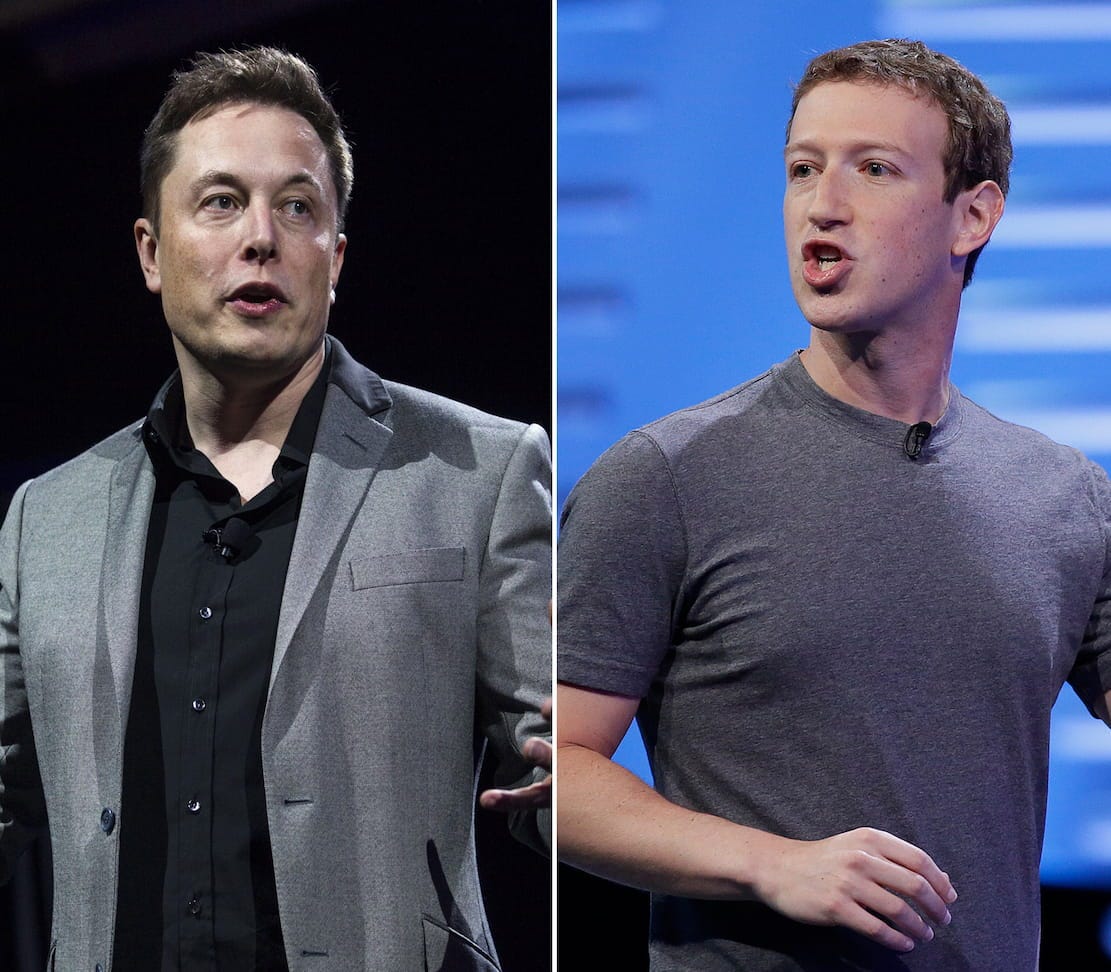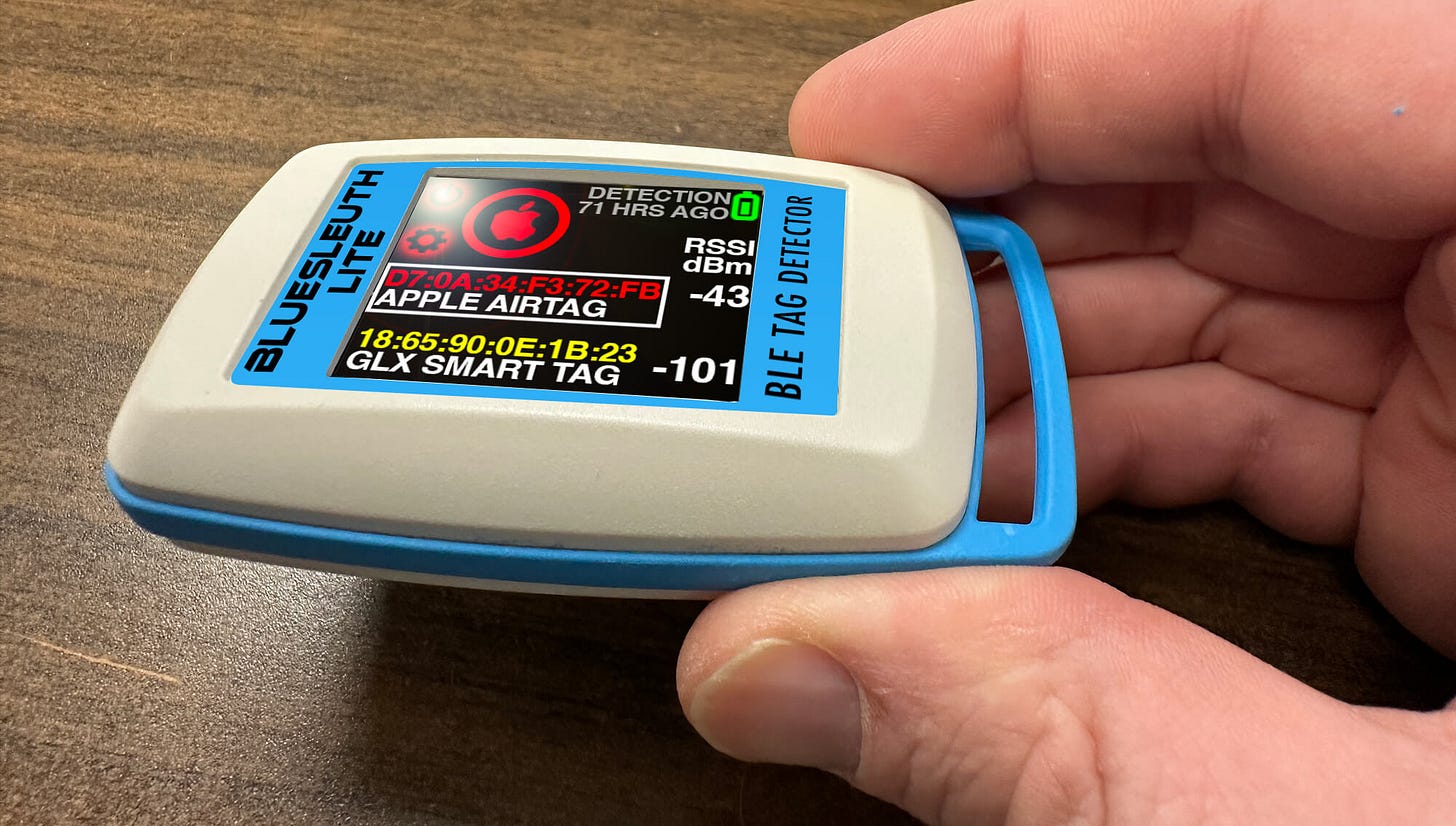Why paid social is a no good, horrible idea
Twitter and Meta are selling elite social status for money. Here's how paid privilege will turn Twitter, Instagram and Facebook into garbage.
Meta, the company formerly known as Facebook, did what Meta does: It copied another social network.
Specifically, it looked at the paid verification scheme that’s going to wreck Twitter and thought: “Great idea!”
And it costs more than Twitter Blue does. Meta is testing paid verification ($11.99 for the web or $14.99 for mobile monthly) for both Instagram and Facebook. Twitter Blue costs $8 per month for web access; $11 per month for mobile or $84 per year.
All three social networks — Twitter, Instagram and Facebook — are offering improved “reach” in the algorithm and in recommendations, better account security, tech support and other exclusive benefits. In Twitter’s paid fake-verification scheme, payers also get longer tweets and the ability to edit.
In short, these social networks are offering amplification, pre-eminence and dominance for money.
Elon Musk said that anyone who doesn’t pay will see their tweets and comments go into the equivalent of a “spam folder” — de-prioritized to the point of invisibility. Musk wants money so bad he’s willing to treat the thoughts, ideas, experiences, projects and opinions of 99% of Twitter users literally like garbage.
Musk’s message is clear: Pay and you matter. Don’t pay and you don’t matter.
Meanwhile, Musk says that “legacy” blue checks (for celebrities, business leaders and journalists, mostly) will soon be removed.
Among Twitter’s new paid Twitter Blue elite are trolls pretending to be celebrities, Russian disinformation operatives, Chinese government propagandists, scammers, racists and the Taliban.
People who paid on Twitter and probably future Instagram and Facebook will have way more juice, way more influence and their “voices” will dominate the platforms completely.
But that’s just one small part of the disaster that is pay-for-privilege social networking. Here’s why paid prioritization will turn Twitter, Instagram and Facebook into garbage.
Mike’s List of Brilliantly Bad Ideas
1. Now you can find a stalker’s AirTag *before* it “travels with you”
If you’ve got an iPhone, your phone can tell you if someone is tracking you with an AirTag. With an Android phone, you can download an app from Apple that will do the same. But only if the AirTag is “traveling with you.” Now, a company called Berkeley Varitronics Systems is making a consumer device called Bluesleuth-Lite, which enables you to scan your home, car and anything else hunting for a hidden AirTag, as well as a tracking device from Tile or any of Apple’s competitors.
2. This tiny 3D printer actually works!
Some maker knucklehead created a functioning 3D printer that’s small enough to swallow. The person who goes by the YouTube handle My N Mi apparently created a working 3D printer that’s less than 1.61 inches high. Liquid resin has to be injected with a syringe.
3. Waterproof boots look like LEGOS but they’re actually made out of coffee
A company called XpreSole is trotting out waterproof boots that use “upcycled” coffee grounds as the “main material” in the boots for sustainability and to reduce weight somehow. Best of all, the XpreSole Blocks line has treads that look like LEGO bricks!
4. Why go to a regular bar when you can find one with retro arcade games?
The Retro Directory is basically Google Maps for retro games and tech. It shows you were you can buy refurbished arcade and pinball games. Best of all, Retro Directory directs you to bars where you can grab a cold one and play old video games.
Mike’s List of Shameless Self Promotions
The Chinese government, which banned TikTok, says Europe's ban on TikTok is bad for business. Why?
‘Digital twin’ tech is twice as great as the metaverse
Why we don’t need the four-day workweek — or weekends
Blame richer foreigners: Welcome to the new nativism
Where I’m at: Mexico City, Mexico









